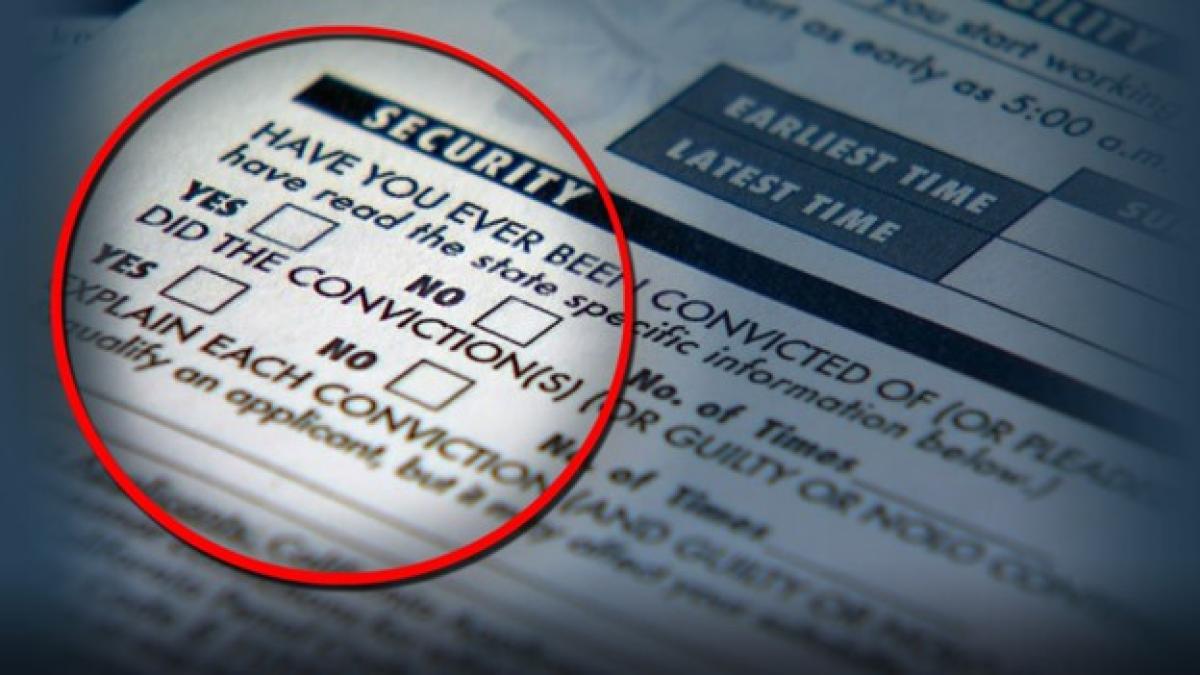“Ban the Box” Applicant Rights (Fair Chance to Compete for Jobs Act)

The Office of Employee Advocacy can provide information, advice and representation to applicants for employment with the House of Representatives in situations where a House employer or their agent asks an applicant for a position with a House employer questions regarding the applicant’s criminal history during the application process.
Legal Protection Regarding Criminal History: The Fair Chance to Compete for Jobs Act of 2019 (FCA) is the Federal “Ban the Box” law that is applied to House employees under the Congressional Accountability Act of 1995, as amended by the 2018 Reform Act (collectively the “CAA”). The FCA prohibits House of Representative employers from requesting that job applicants disclose information regarding their arrest and conviction history before a conditional job offer (an offer that is conditioned only on the results of a criminal history inquiry) is extended to the applicant.*
Applicant Rights: The purpose of the FCA is to give formerly incarcerated individuals a fair chance to compete for employment by barring requests for criminal history record information until the end of the hiring process. Specifically, the law prohibits employing offices from requesting the following on an application form or during the interview process: information about arrests or indictments; formal criminal charges; disposition of any of these actions, including sentencing, correction, supervision, or release decisions; or sealed or expunged records available to State or local criminal justice agencies. An employing office may ask an applicant to disclose such information only after the employer extends an offer of employment conditioned on the results of a criminal history inquiry.
Addressing Violations: If an employing office requests disclosure of criminal history information on a job application or during the interview process before extending a conditional job offer, an applicant can file a claim with the Office of Congressional Workplace Rights (OCWR). Upon a finding an FCA violation, the wrongdoing employee of an employing office found in violation will be issued a written warning. Employees who continue to violate the FCA can be suspended without pay or fined up to $1,000 per infraction. The applicant could also file a complaint with the Committee on Ethics or Office of Congressional Ethics. Additionally, the use of an individual’s criminal history in making employment decisions may violate the anti-discrimination provisions of the CAA if the employer’s inquiry into criminal history is related to race, national origin, color, sex, religion, disability, uniformed service, genetic information (including family medical history) or age (if 40 or older). In such circumstances, the applicant could seek monetary damages and other remedies through an OCWR claim.
Legal Assistance: Employee Advocacy’s attorneys can advise and represent current and prospective House employees on a confidential and privileged basis regarding their rights under the FCA and other CAA laws, including assistance in bringing a claim or complaint. There is no fee or cost to the employee to work with Employee Advocacy.
Employees can contact Employee Advocacy via the office’s confidential telephone hotline (202-225-8800) or confidential email (Employee.Advocacy@mail.house.gov).
* An employing office may inquire about criminal history at any stage of the process if consideration of criminal history prior to a conditional offer is otherwise required by law, the position requires a determination of eligibility for access to classified information or national security positions, or the applicant is applying for a position as a law enforcement officer.
